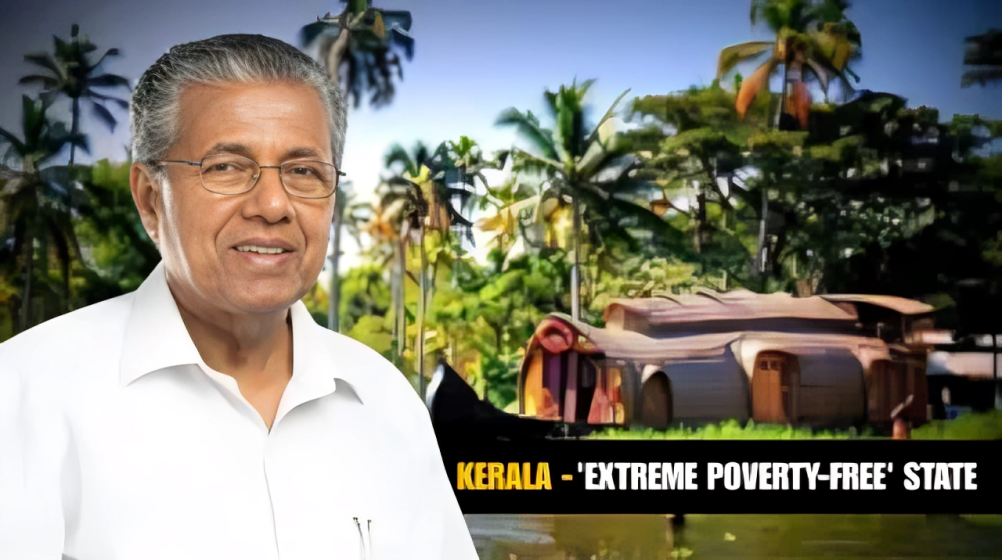Marking a historic moment on Kerala Piravi, Chief Minister Pinarayi Vijayan announced that Kerala has become the first state in India to eradicate extreme poverty. The declaration, made during a special Assembly session, signified what the Chief Minister called a “major step in the creation of a Nava Kerala.”
“Today’s Kerala Piravi marks a place in history because we have succeeded in making Kerala the first Indian state without extreme poverty. This Legislative Assembly has witnessed many historic laws and policy declarations. The Assembly now meets at a moment that marks yet another milestone in the creation of a Nava Kerala,” Vijayan told legislators.
Targeted Approach and Data-Driven Planning
The state government began its Extreme Poverty Eradication Programme (EPEP) in 2021, soon after the new administration took charge. The mission focused on identifying families struggling with multiple deprivations and addressing their specific needs through tailored interventions.
“Instead of a one-size-fits-all policy, the government identified 64,006 vulnerable families and created specific micro-plans for each one’s unique needs,” the Chief Minister had explained earlier. The project, supported by Kudumbashree, ASHA and anganwadi workers, and local bodies, involved surveys across all 1,032 local self-government areas.
Each household’s requirements whether food, housing, health care, or access to documentation were assessed individually. Over Rs 1,000 crore has been spent so far, with dedicated allocations in the state budgets for 2023–26.
Tangible Results Across Kerala
The programme’s outcomes have been far-reaching.
-
4,677 families received new homes through Life Mission, and 2,713 landless families were granted land to build their own.
-
5,522 existing houses were repaired, and thousands of people gained access to vital documents like ration cards and Aadhaar IDs.
-
20,648 families now receive regular food support, with 2,210 of them getting cooked meals daily.
-
85,721 individuals benefited from medical assistance, while 4,394 families were supported with livelihood or self-employment schemes.


